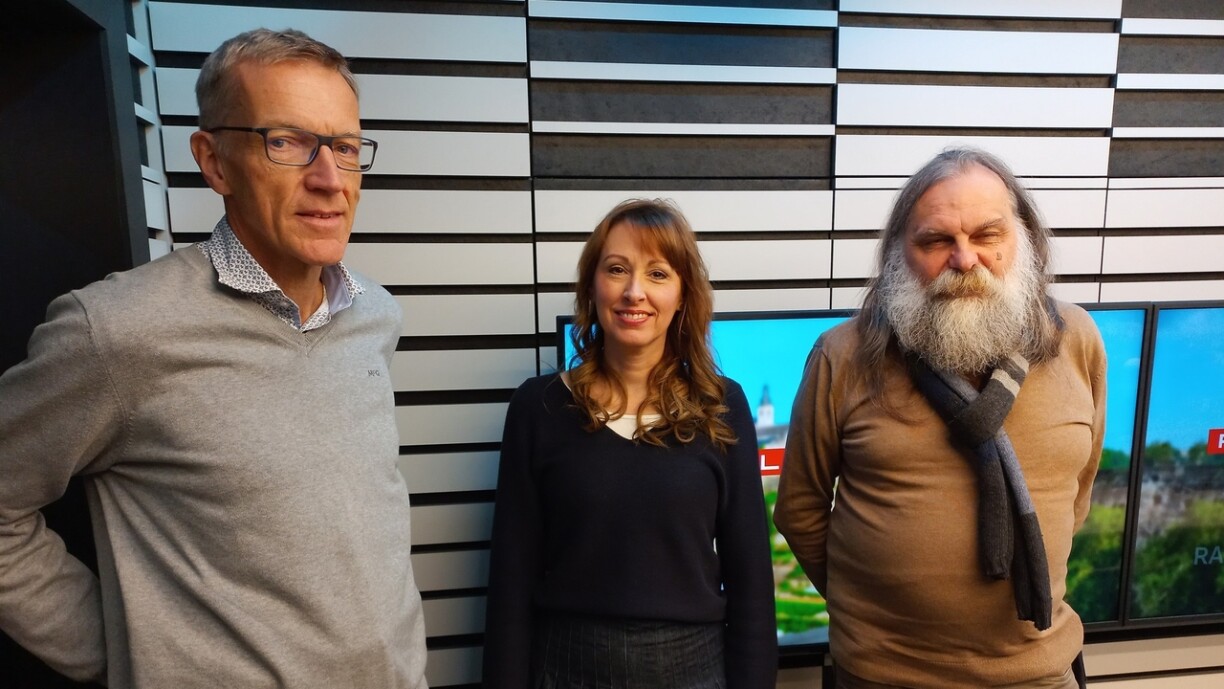
On Saturday, our colleagues from RTL Radio hosted a roundtable discussion with Sandra Visscher, Director of UNICEF, Richard Graf, Vice-President of the Circle of Development Cooperation Organisations, and Dr Vic Arendt, Board Member of Doctors Without Borders.
All three guests emphasised that “not helping is never an option.” The conversation covered key challenges facing aid organisations, such as the Caritas scandal and its impact on donations, as well as ongoing conflicts in the Middle East and Sudan.
The effects of the Caritas fraud scandal on other aid organisations remain unclear, according to UNICEF Director Sandra Visscher. While UNICEF has seen a slight 10% dip in donations, Visscher noted that this decline could also be due to the summer holiday season. She stressed, however, that inaction is not an option, and it is essential to consider how best to move forward.
Richard Graf, Vice-President of the Circle of Development Cooperation Organisations, announced that a study is planned for late January to early February to assess whether donations have significantly decreased. December, he noted, is traditionally the month with the highest donation volumes. Meanwhile, Dr Vic Arendt of Doctors Without Borders expressed concerns that donations may decline, though he pointed out that no standing orders have been cancelled so far.
Graf also underscored the need to closely analyse what went wrong at Caritas, enabling other organisations to adapt their strategies and handle donor relations more effectively. He added that groundwork with banks and financial institutions is necessary to develop a new approach, one that supports aid work without imposing excessive restrictions.
All three guests strongly criticised the recent decision by the Israeli parliament, the Knesset, to outlaw the United Nations Relief and Works Agency for Palestine Refugees in the Near East (UNRWA). Sandra Visscher warned that without UNRWA, it would become nearly impossible for other organisations to operate effectively. Despite this challenge, she affirmed that UNICEF will remain on site “no matter what,” even though it is unclear how they will continue delivering aid to Gaza. She urged other countries to pressure Israel, stressing that without UNRWA, many more people, including children, could die. Visscher described the decision as “extremely damaging” for the humanitarian sector.
Dr Arendt noted that UNRWA has served for 75 years and he argued, that it is merely a political maneuver. He pointed out that Israel’s claims involving nine of UNRWA’s 18,000 staff members allegedly working with Hamas should be considered within context. According to Arendt, this accusation serves as a pretext to deprive the population of essential services like healthcare and education.
Richard Graf asserted that dismantling UNRWA is effectively impossible. He highlighted the organisation’s vast contributions, adding that if UNRWA is banned, other organisations will have to take on the responsibility of providing basic relief.
Graf emphasised the need to protect aid workers in conflict regions, noting that they are often among the first to be targeted–a trend that has worsened in recent years. Visscher highlighted that we are living in an era of multiple crises which undoubtedly complicates on-the-ground efforts. Nonetheless, she observed that humanitarian workers remain committed and resilient. Visscher emphasised the importance of showing affected populations that they have not been forgotten, reinforcing the need to continue aid efforts.
Graf added that every euro allocated to reconstruction and emergency aid is essential and well-used.
Development cooperation organisations expressed concern in early 2024 following news that the Ministry of Development Cooperation intends to revise funding for educational awareness initiatives. Under the proposed plan, funding would be redirected into a single large project. However, whether this new approach will prove more effective remains unclear, according to Richard Graf. He emphasised the need for prompt responses to support smaller organisations, which may otherwise face collapse in 2025.
Graf called for concrete solutions, stressing that affected teams need clear prospects. He criticised the current proposal, describing it as more of a “model” than a plan with “substance.”